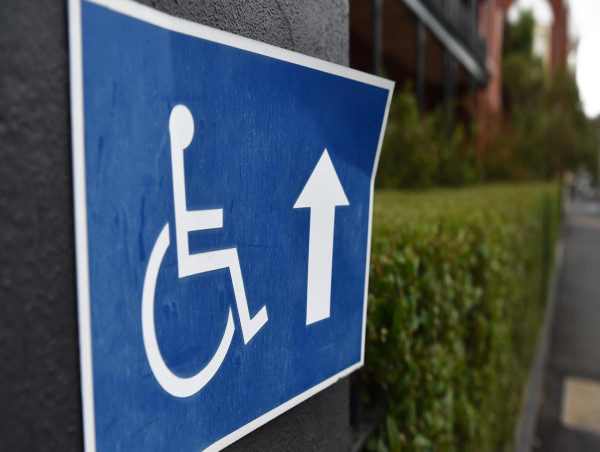Spinal cord injuries are currently irreversible but there's hope treatments could be available in as soon as three years.
Two new clinical trials will explore whether paraplegics and quadriplegics can regain the use of their arms or even walk with a $6 million boost from the federal government's Medical Research Future Fund.
"It feels like hope is on the horizon," SpinalCure Australia chief executive Kathryn Borkovic told AAP.
"We're excited, but it's cautious excitement and we are watching the development of the medical research very closely."
Attitudes towards spinal injuries have changed dramatically over the last decade, with a major breakthrough in early 2022 published in Nature Medicine showing patients with paralysis were able to walk again after targeted electrical stimulation.
Other small trials around the world have also shown promise.
The two new trials are associated with Project Spark, a collaboration between Neuroscience Research Australia, SpinalCure Australia and Spinal Cord Injuries Australia which aims to develop treatments through neuro-stimulation.
The experimental therapy uses electrical stimulation on remaining pathways in the spinal cord to connect the brain and the body.
"We do believe within the next three years there will be treatment available and this is all important research in support of that and also for further developing a suite of treatments," Ms Borkovic said.
The first trial is being run at Sydney's Neuroscience Research Australia and the other at the University of Melbourne.
Alex Richter became a quadriplegic just weeks before his 17th birthday after falling on his head while mountain biking with friends.
He has no feeling below his shoulders and is taking part in one of the trials in bid to regain some movement in his fingers.
Mr Richter is still able to do activities he enjoys most like skiing, biking and travelling but says anything that makes daily tasks a little easier would make a huge difference.
"Being able to stand up and walk would be a pretty amazing thing," Mr Richter said.
"But for me, if I could get even a little bit of finger function back so that I could do those things like hold a fork or cut up some food ... that would be just a whole other world in terms of independence."
Both trials are currently seeking participants.




